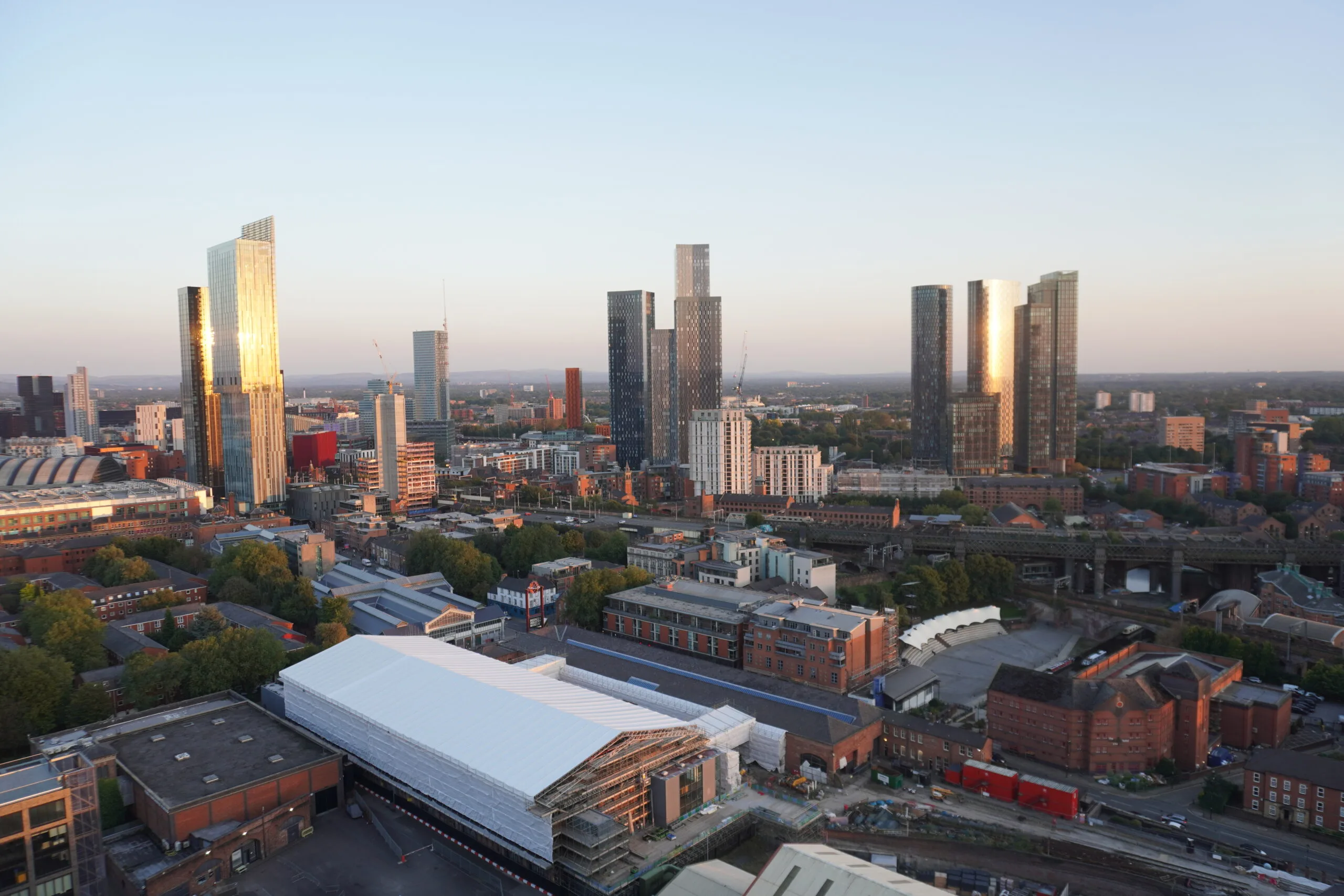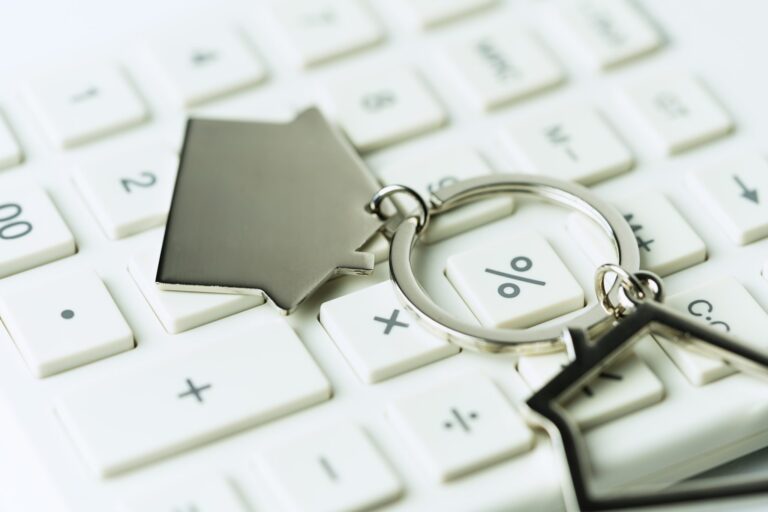Successful property investors and landlords often have their tenants’ best interests at heart, so what can landlords offer to keep their occupants happy?
Ultimately, your rental property needs to appeal to as many house-hunting tenants as possible in order to generate a good market rent, and remain occupied for long periods of time. This can mean better overall returns for the landlord, as well as a potentially easier property to run.
What tenants want can vary greatly, and the location in which you operate can have a big impact. For example, a city centre flat is more likely to appeal to young professionals, while a larger suburban home might attract families – and these different tenant types might value very different things in their properties.
Similarly to looking at location and property type as an influencing factor, it is important to recognise that what tenants are looking for might change over time. For example, since the pandemic more tenants than ever have been working from home, increasing the demand for additional bedrooms or office space; while the cost of living crisis and soaring energy bills led to a leap in appetite for more energy efficient properties.
Tenants pay more for certain features
From a landlord’s point of view, owning and operating a rental home needs to be as straightforward and potentially profitable as possible. However, while this may mean that some are reluctant to consider changing their offering to cater for the needs of prospective renters, it can certainly pay off in the long run.
And while raking in a slightly higher monthly amount can be an appealing outcome, there is the additional consideration that many renters will stay put in a property for longer if their needs are met. For the landlord, this reduces the risk of having a void period between tenancies, and the cost and hassle of finding new tenants.
In a survey conducted by Upad, tenants were asked what they would pay more for, and how much they would pay, with the top four listed below:
- The highest percentage of renters (24%) surveyed said they would pay extra to live in a rental property where pets were allowed. The average additional rent they would pay would be £50 per month.
- Next, having a garden would be a desirable enough feature to pay extra for, chosen by 18% of renters surveyed, who would pay an average of £69 more per month.
- Parking was another popular choice, with 17% of renters agreeing to pay a premium for this of an average of £50 per month.
- Offering a property fully furnished was the top option for 15% of respondents, but it also commanded the greatest additional rent of an average of £163 per month.
Other responses included having high-speed internet, house cleaning services, a balcony, and bicycle storage (which also commanded a hefty extra average rental payment of £100 per month).
The importance of transport
A key thing for any property investor or landlord to consider when looking at where to invest is what the tenant’s transport options will be.
Whether this means investing in a city or town centre property close to workplaces, a property with excellent nearby public transport options, or a home that comes with parking or cycle storage for tenants to use, ensuring that there are adequate transport options available is crucial to the desirability of a rental home.
Recent research from Yopa found that, on average, a car parking space with a property can boost a property’s value by an average of around £12,000, but this can be a lot more depending on its location. In London, for example, a dedicated parking space can boost the home’s value by an average of almost £73,000.
In a separate study by the National Association of Property Buyers, an electric car charging point could add £5,000 to the value of a property, with the research looking specifically at rental properties.
Commenting on the research, Greg Wilson, chief executive of Quotezone, said: “We would encourage more landlords to start installing EV chargers at their properties, it’s a smart move to help future-proof their investment.
“It’s also a win-win for both renters and landlords, tenants get convenient and cost-effective charging options, while landlords are able to increase the value of their property by up to £5,000.”









